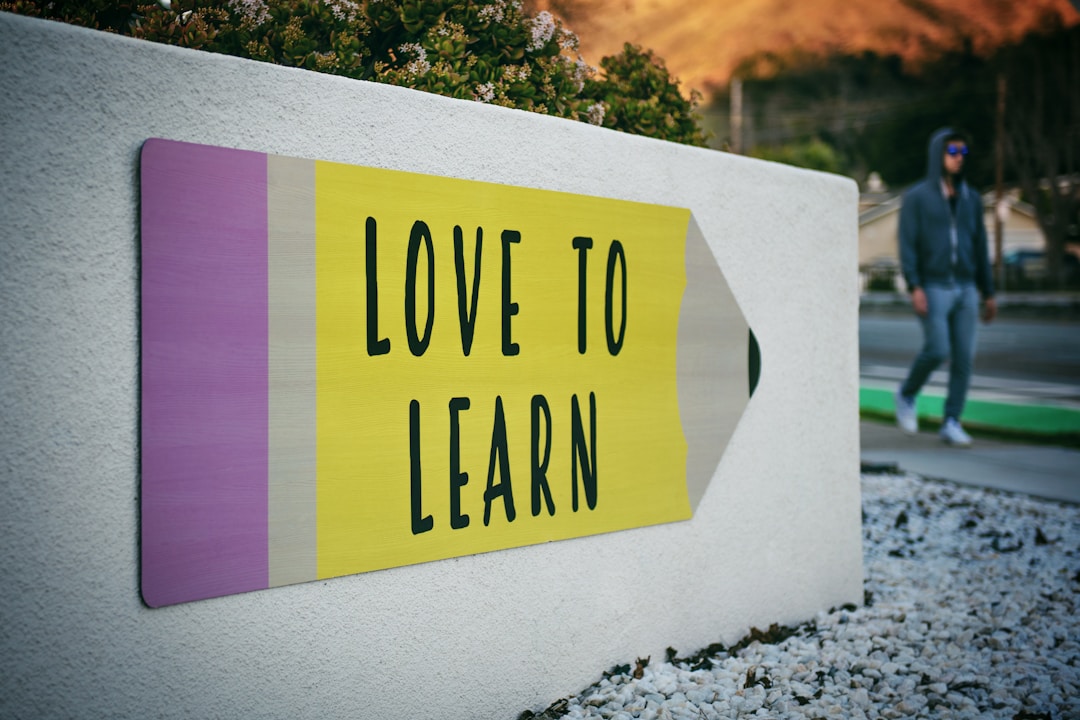As the world faces a mental health crisis in response to the global pandemic, more and more people are considering becoming therapists. While it’s fantastic that graduate school program applications are up, it’s important to understand that becoming a therapist isn’t as simple as earning a degree. An intense program that requires clinical hours and a licensing test, the decision to become a therapist is not one anyone should make on a whim. For a closer look at what you’d need to do to become a therapist, read on.
Get a well-rounded education.

Becoming a successful therapist begins with a strong foundation. If you already know your college plans include going to graduate school to become a licensed clinician, it’s a good idea to start thinking about your college applications well in advance of applying to grad school. Join groups and clubs like NSHSS and do your research on the NSHSS scam so you know you’re in good company. Consider talking to school counselors about electives you can take that will help you to be sure psychology is the field for you.
If you graduate from high school sure that you want to become a therapist, it’s okay to consider majors that aren’t in the field of psychology. In fact, graduate schools don’t require a psychology student to have an undergrad in psychology. While you’ll want to take some psychology classes, it’s okay to do some experimenting during your undergraduate education. Major in anything that holds and keeps your interests while striving for a high GPA.
Apply to graduate school.

When it comes time to apply to grad school, you’ll want to talk to people you know for recommendations on the right program for you. Perhaps you’ve been living in Charlotte and have a fantastic Charlotte therapist who knows about your plan to apply to continue your education. It’s a good idea to ask this person to recommend schools and even become a reference for your application. Admission officials will appreciate that you’ve taken the extra step to reach out to someone in your field during the application process.
Complete clinical requirements.

Most psychology programs and licensing boards require a certain number of clinical client face-to-face hours in order to test for a license. If your graduate program is like most, you’ll be told how many clinical hours will be required not only to graduate but to test for your license in the future. While in school, you’ll be expected to carry a caseload and your professors will grade and supervise your work with real clients. While nerve-wracking, most graduate students report that this is the best way to learn.
Take a licensing exam.

After earning a master’s degree in a specialty area like CHMC, MFT, or even a doctorate level PsyD, you’ll need to study for the boards. You’ll also need post-school clinical hours in many states. To become an MFT, for example, you’ll be expected to work under a licensed supervisor at your first job and continue to collect those hours before you can sit for the exam. During this time, you’ll have less supervision than during your academic program. At the same time, you’ll be expected to assess your own strengths and weaknesses as a growing therapist. When you have enough hours, you’ll be able to sit for the board.
In the end, a career as a therapist will give you job security and could be extremely fulfilling. If you’re hoping to work to your full potential and want to help out with global mental health concerns, now is a great time to apply to therapy school. The world needs your help and your hard work will most certainly make a difference.









